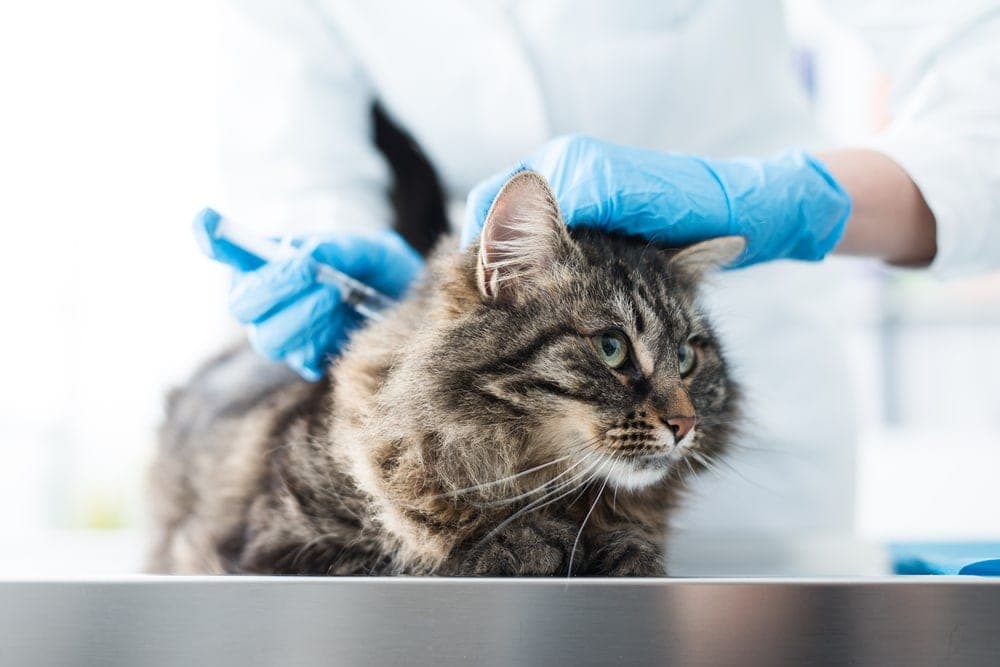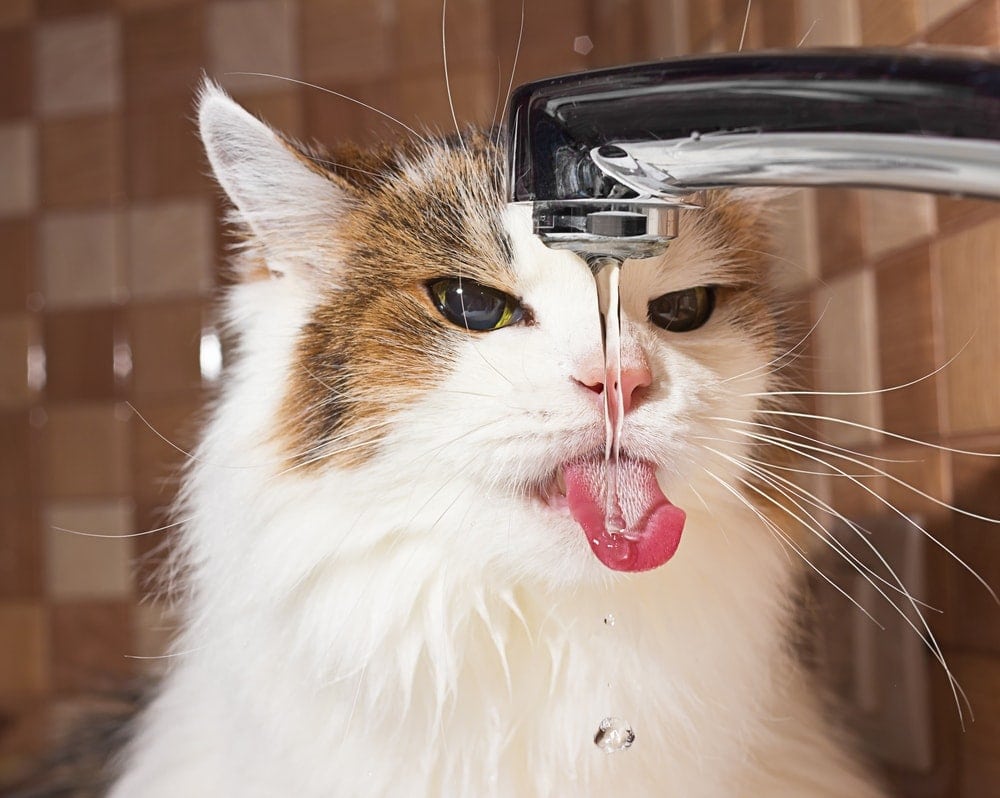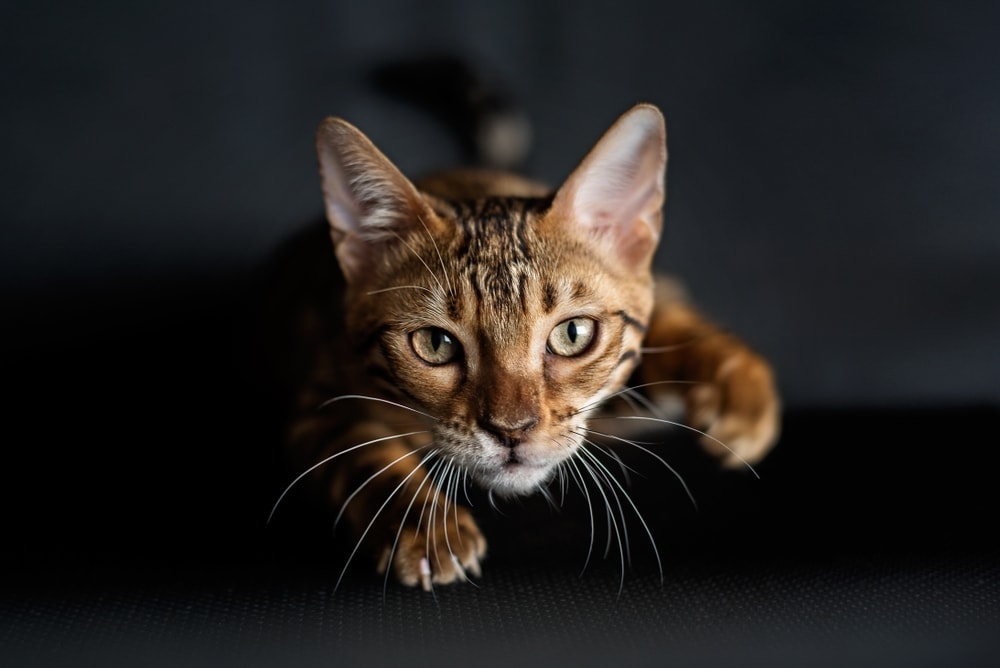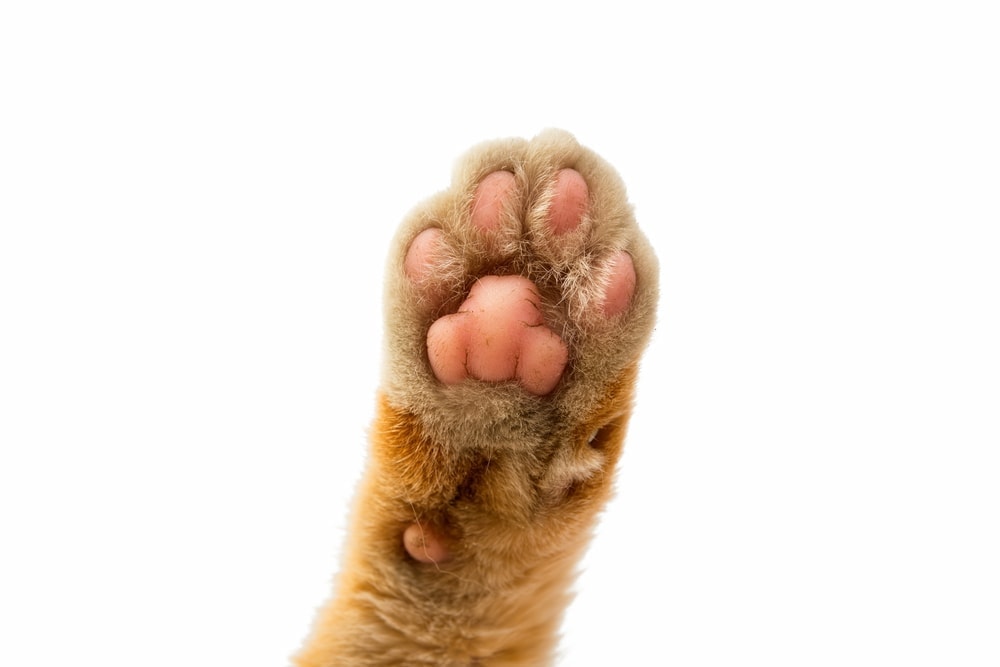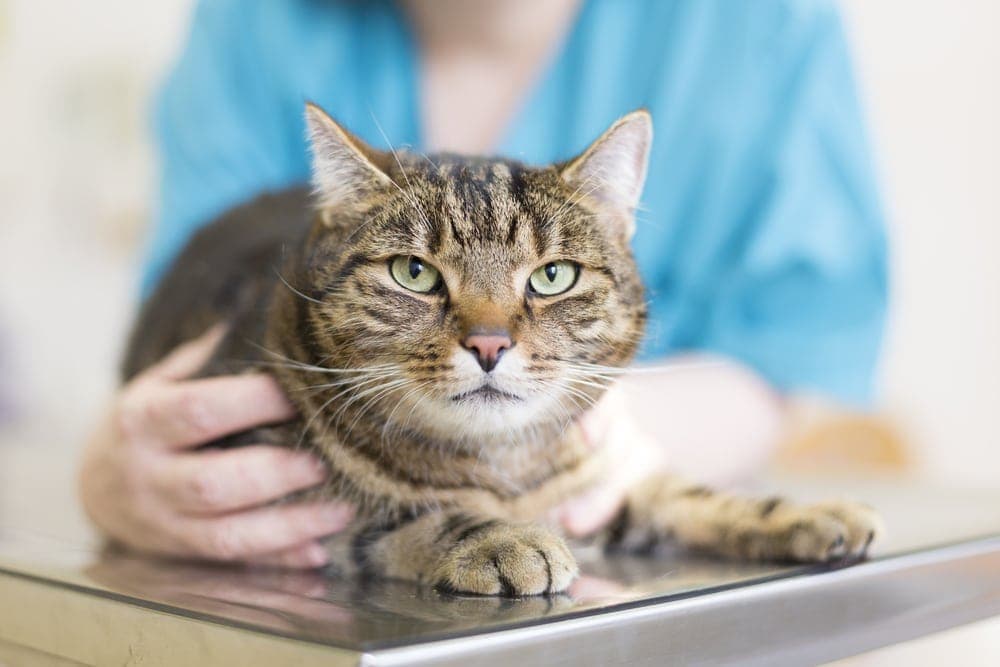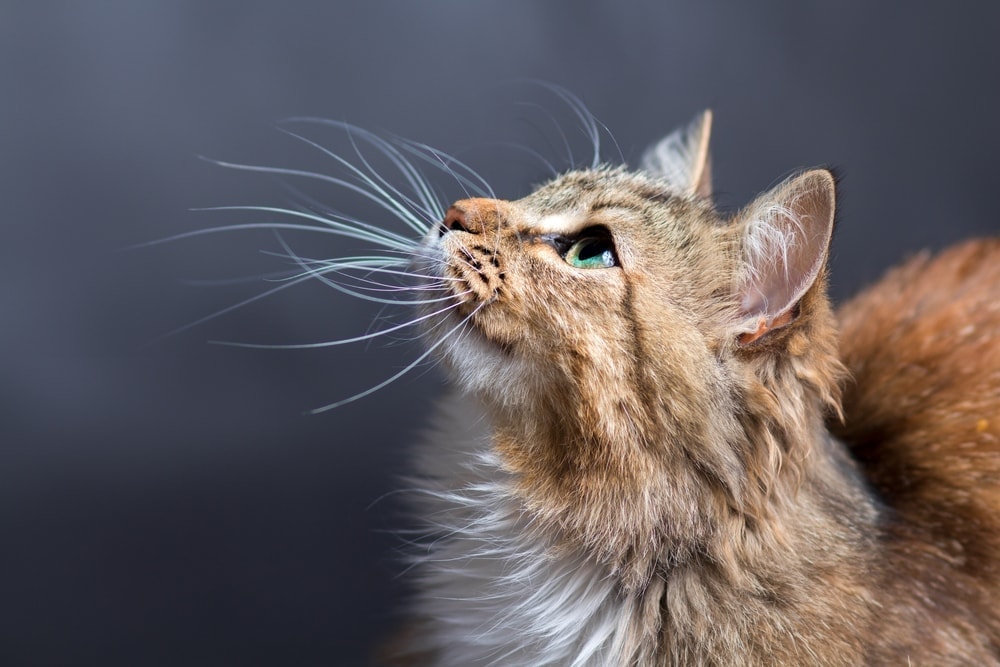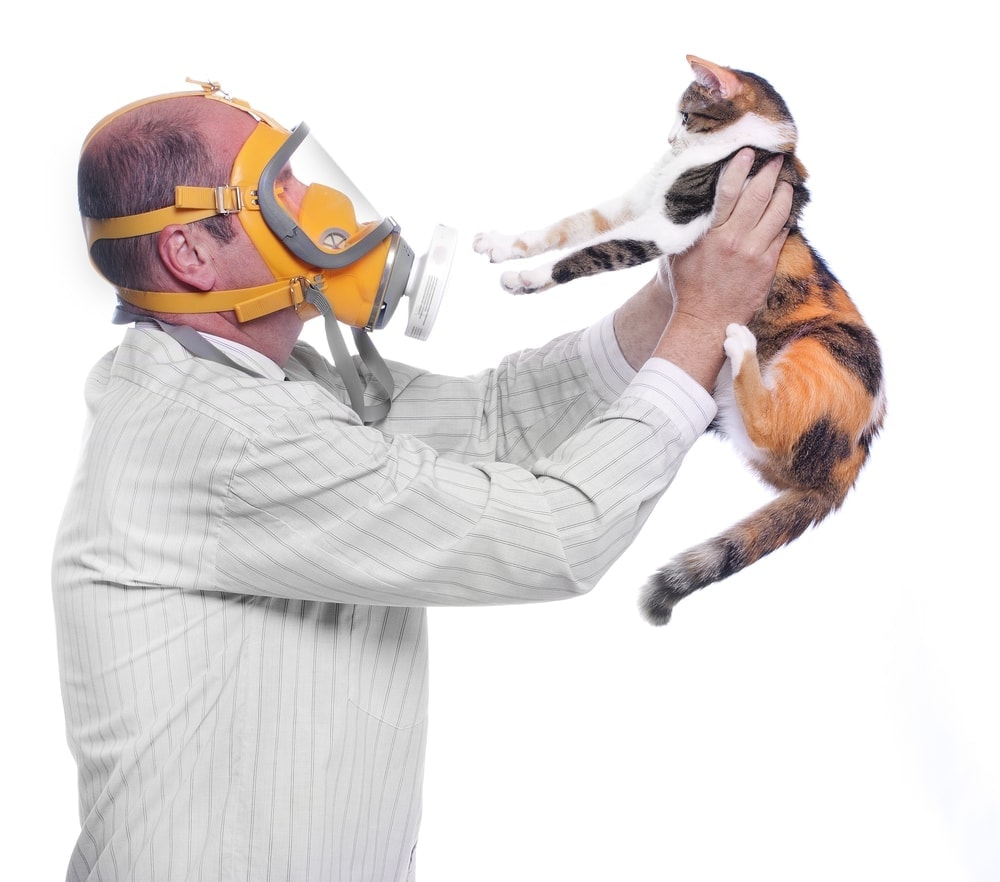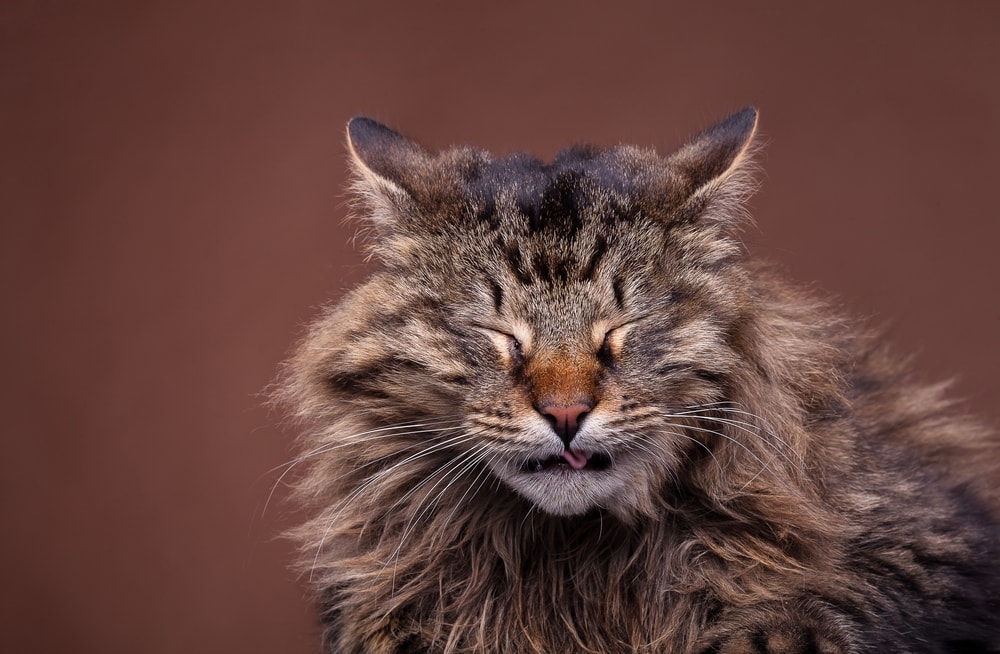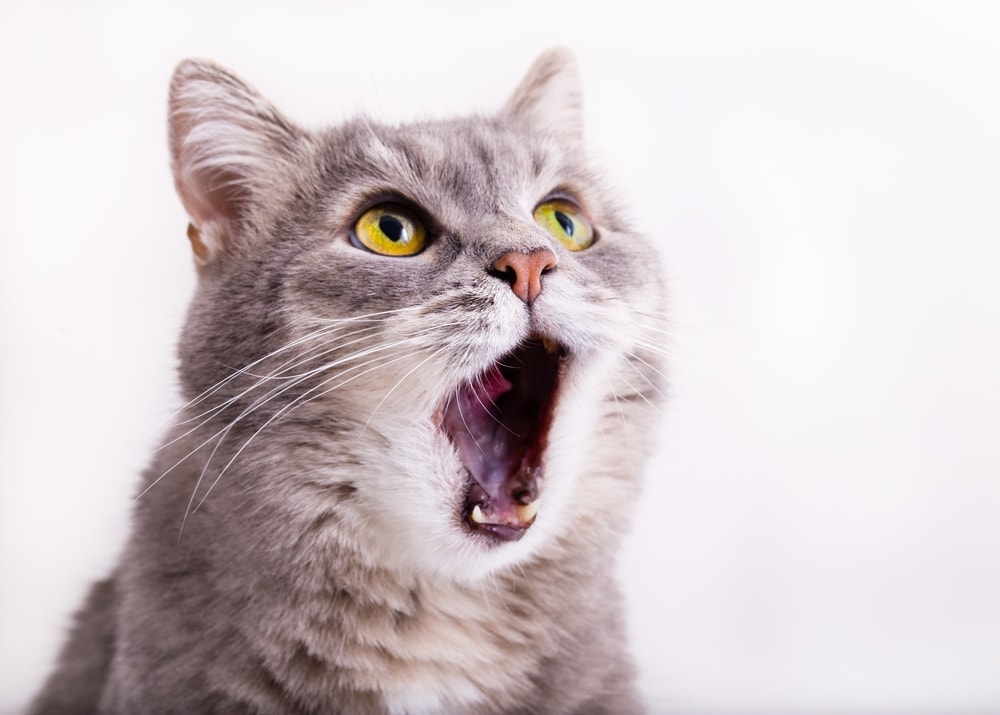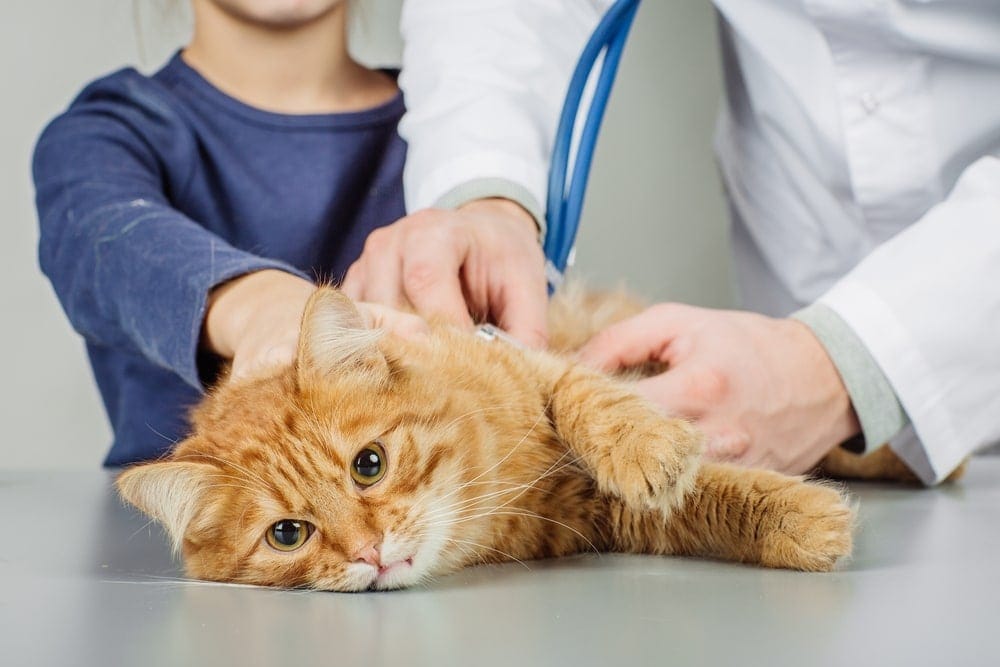If you want to keep your kitty healthy, it is important to learn about the FIV vaccine.
The more you know, the better off your pet will be.
What is the FIV Vaccine?
The FIV vaccine was used to prevent feline immunodeficiency virus, otherwise known as “feline AIDS”. This virus is similar HIV, and it can be spread from one cat to another through bites and scratches.
Outdoor cats are far more prone to contracting FIV due to the fact that they tend to encounter unvaccinated cats more than their indoor brethren. This vaccine was once commonly used by veterinarians, but not anymore.
Reasons Why FIV Vaccine is No Longer Used
Veterinarians offered the FIV vaccine to cat owners from 2002 all the way to 2017, when it was discontinued. There are some very good reasons for this that you’ll want to know about if you own a cat.
1. It’s Not Necessary for Indoor Cats
There is a very slim chance of indoor cats contracting FIV. In order for a cat to get this virus, it must first come into contact with a cat that already has it. The cat must then get scratched or bitten by the infected feline.
Because most cat owners keep their pets indoors, the vaccine wasn’t being administered to many of these animals. The risk of FIV for indoor cats is so low that most owners simply didn’t see the need to pay for this vaccine.
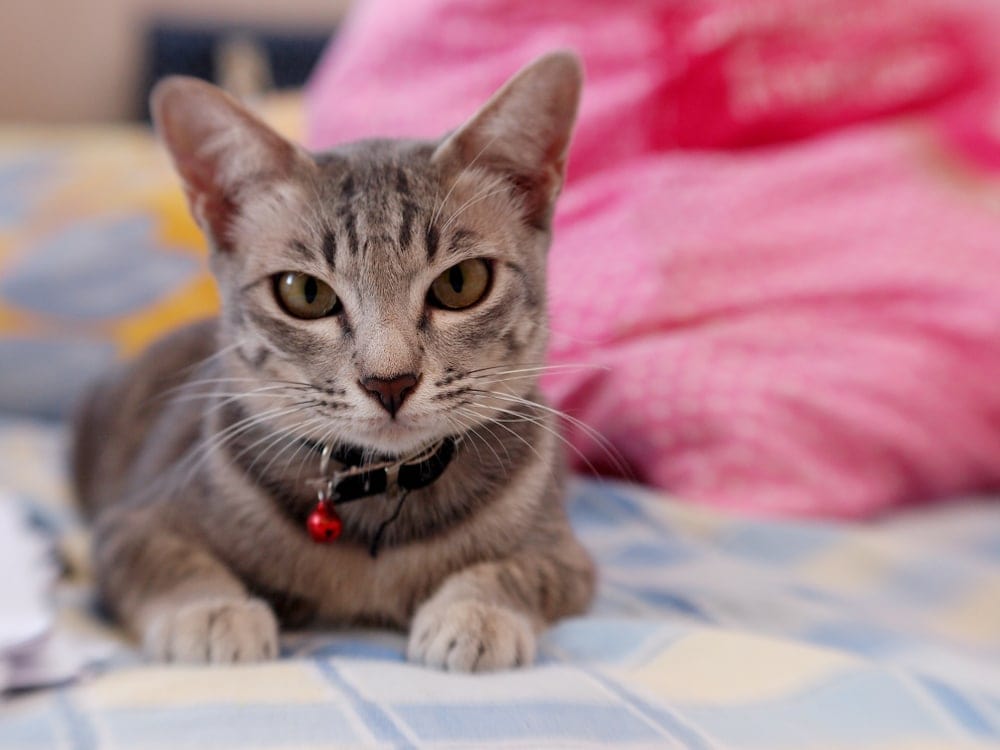
2. Limited Efficacy
While the FIV vaccine was once considered to be highly effective, we now know that it only offered minimal protection against these infections. The fact is that even cats that had received this vaccine were still vulnerable to numerous strains of the virus.
Cats in the United Kingdom were extremely susceptible to many strains of FIV, even after they had been vaccinated. This was a major contributing factor to the vaccine eventually being discontinued worldwide.
3. Increased Risk of Sarcoma
The FIV vaccine also came with an increased risk of sarcoma for cats. This is due to the fact that numerous booster shots were required following the initial vaccination.
Vaccines that contain adjuvant (like the FIV vaccine) make contracting sarcoma more likely for many cats. Sarcoma is a type of cancer that can be extremely deadly. While it is a bit different when in cats as opposed to humans, it still wreaks havoc on the body.
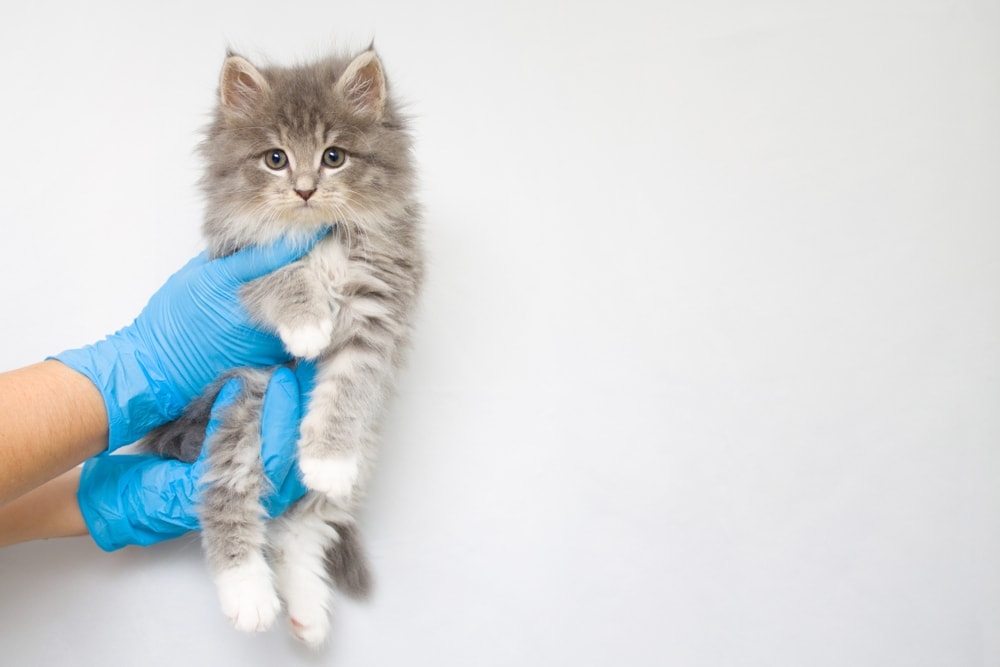
4. False Positive Test Results
Another major reason that this vaccine was eventually discontinued is because it was causing many false positive results with FIV tests. This occurred due to the fact that the tests mistook the antibodies from the vaccine for the actual infection.
This ultimately meant that cats were far more likely to receive a diagnosis of FIV, even if they weren’t actually infected. If the cat’s medical records became known, it lead to the animal being put to sleep.
FIV Prevention
While the FIV vaccine is no longer available to cat owners, there are a number of things you can do to prevent your cat from contracting this virus.
1. Spay or Neuter Your Cats
It is definitely a good idea to get your cat spayed or neutered. This will reduce aggressive tendencies, which can lead a cat to get injured in a fight with another cat. All it takes is one quick scratch or bite to pass on the disease.
2. Get New Cats Tested
If you introduce a new cat into your home, it is definitely a good idea to get them tested for FIV. This can help to ensure that your current pets don’t get infected. You can simply go to your veterinarian to get this test performed.
3. Don’t Let Your Cats Outside
Keeping your cats indoors is a fairly effective way to keep them from contracting FIV. The more exposure they have to strange cats, the higher their chances are of getting infected.
If you take your cat for a walk, make sure they are kept on a leash at all times. This will greatly reduce the chances of them getting into fights with stray felines while you are out together.
Symptoms of FIV
It is important that you are able to recognize the signs of FIV so you can get your cat the treatment it needs.
Some of the more common signs of this disease include:
- Sudden and rapid weight loss
- Loss of appetite
- Diarrhea
- Fever
- Inflammation of the gums
- Excessive hair loss (shedding)
- Frequent sneezing
How is FIV Treated?
There are a number of different medications that can be used to treat FIV. A veterinarian might prescribe certain medications for any secondary infections your cat might have. There are also drugs that can be effective at reducing inflammation, which is associated with this disease.
While there is no cure for FIV, there are ways of managing your cat’s symptoms to give it the best overall quality of life. The sooner you start treating your cat, the better off they are going to be in terms of their overall health.
Conclusion
- The FIV vaccine was once used to treat feline immunodeficiency virus or “feline AIDS”, but was discontinued entirely by 2017.
- This vaccine caused a variety of issues that ranged from false positives on FIV tests to an increased risk of sarcoma.
- The limited efficacy of the FIV vaccine was another big reason for it being discontinued.
- Make sure that you get any new cats tested for FIV before bringing them into a home with other cats.
- You can prevent your cat from contracting this virus by keeping them indoors at all times.
- If you take your cat on walks, keep them on a leash.
- Look out for symptoms of FIV, including sudden weight loss, decreased appetite, and swollen gums.
- There are numerous medications that can help with managing the various symptoms of FIV.
- Spaying or neutering your cat is another good way to prevent FIV.
